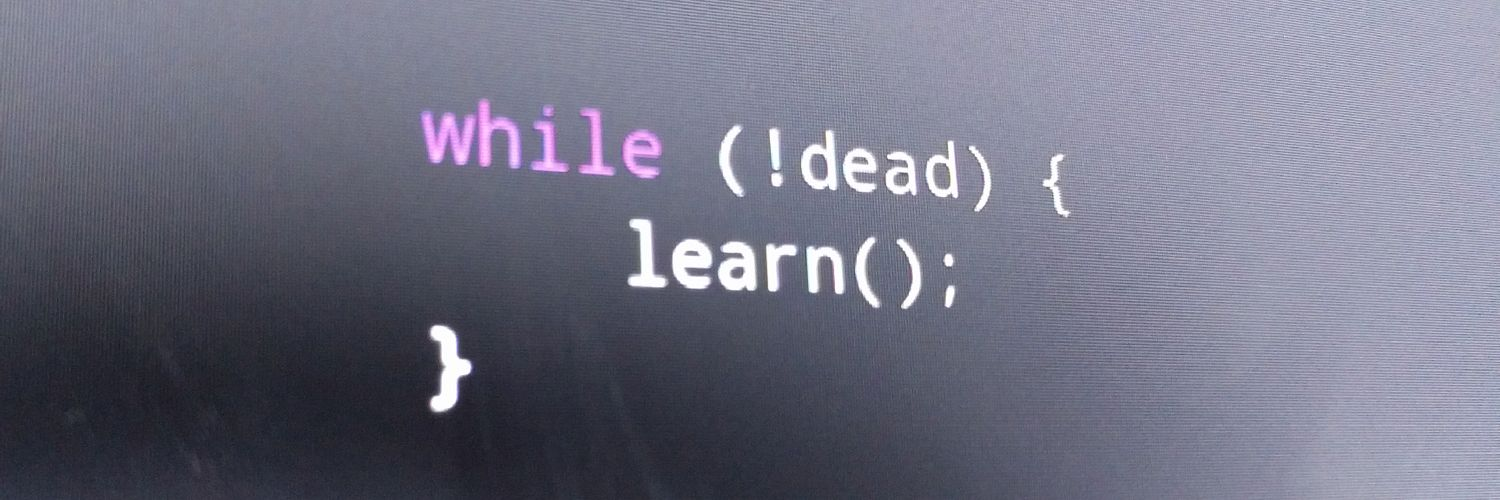Balancing My Best
I've been a perfectionist for a long time. I've been a parent for far less time. In the overlap, what I have felt like is mostly a pile of inadequacy and failure. I know this isn't really the case. But I definitely feel like I'm not meeting my own expectations for my performance either as a parent or in my profession.
For most of my life, I would hedge my failures by dumping extreme amounts of time and effort into them. If I stayed up all night embellishing my project, hopefully the flaws would be overshadowed by how hard I had worked. Hopefully any criticism of what I got wrong would be balanced against praise for how far above and beyond I had gone. I did my best, which is surely the most anyone could ask. Hopefully the equation would come out with me feeling more satisfaction than failure.
As a normal human adult who has more obligations than time, this drive--this instinct--has not exactly served me well. It skews priorities, both within the effort, and with other obligations. And it's not sustainable. Whether it's my health, or my relationships, or my job performance, something gives, usually sooner than I expect. So that's just another way I'm inadequate. Which drives my perfectionism. The cycle continues.
I have very young daughters, and am starting to see the first inklings of how they handle failure. They are at the stage still where they can become frustrated to the point of tantrum when they aren't able to succeed at something. But this is strictly because at their age they also haven't learned how to give up. Their best is to literally try, and try, and try, and try, until I step in and drag them away screaming. At which point, I can certainly say, "it's okay, you did your best." But will it encourage them to continue to do their best, if it equates to ending heaving and sobbing with the knowledge that they were insufficient to their ambitions?
I find myself considering how I will approach with them the topics of failure and success, effort and perseverance, pride and satisfaction. Surely whatever I tell them, I'd better believe it. And even better, I should model it, because example is strong where advice is weak. So what do I really believe about these things?
There is no learning without failure. I must embrace failure if I want to improve at anything. Failing feels really bad, though, so I must learn how to salvage satisfaction from failure. Not accomplishing what I set out to do doesn't mean I can't be proud of what I did. "Doing my best" does not require destroying myself and my other obligations in sacrifice. Whatever I'm setting myself to do is not all I have to do. I have to be a parent. I have to be a husband. I have to be a son. I have to be a friend, a neighbor, an employee, a leader, a follower.
Doing my best means that I spent my time wisely, and appropriately to the need. I focused on my task and my goal, for the time that I worked at it. Where I lacked certainty, I tried new things. I was reflective of the outcomes. I learned. I used what I had and gave what I could, without stealing from my other obligations.
And maybe most importantly, doing my best doesn't mean that no one can fault me. It just means that I laid a foundation to do better next time.
